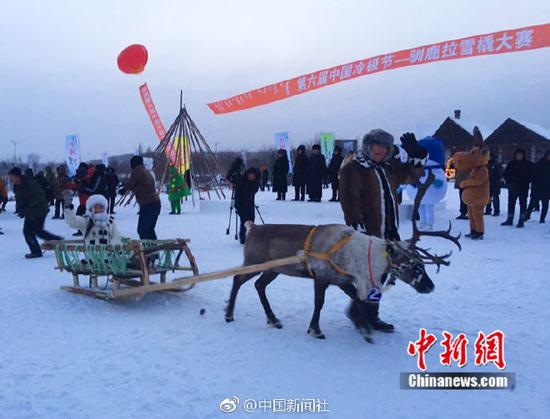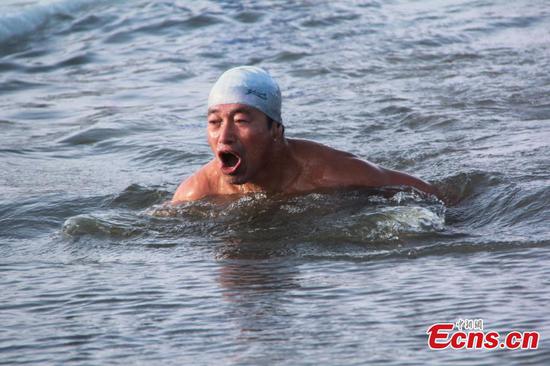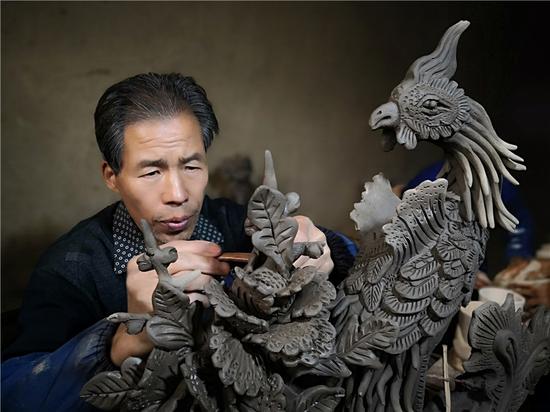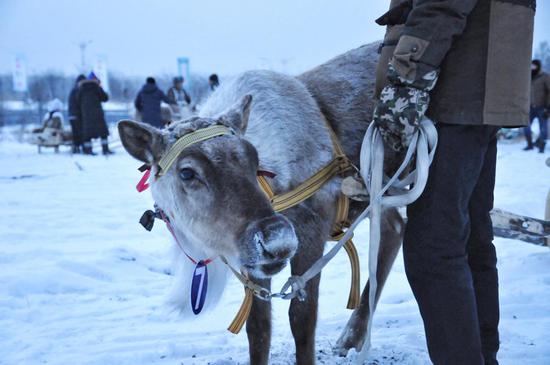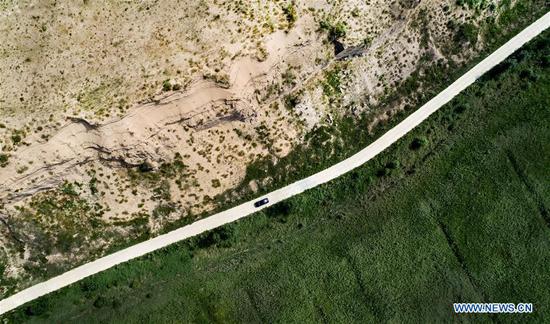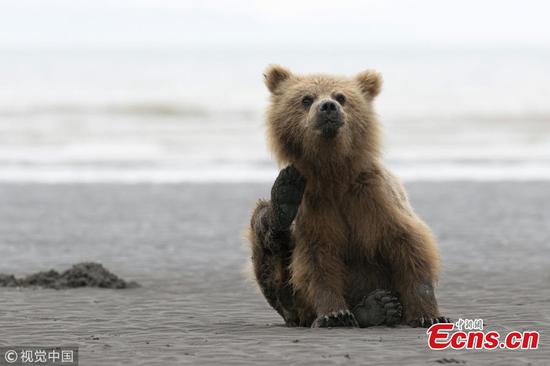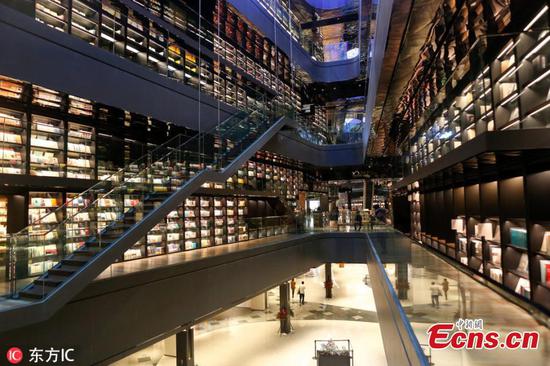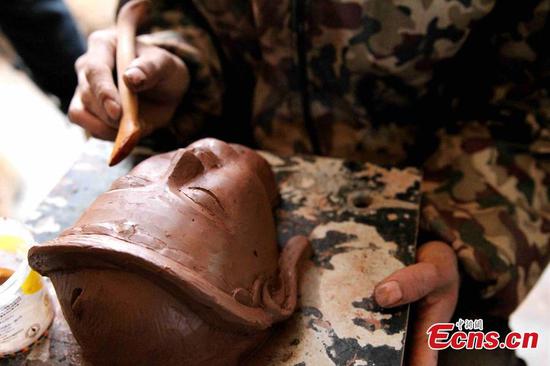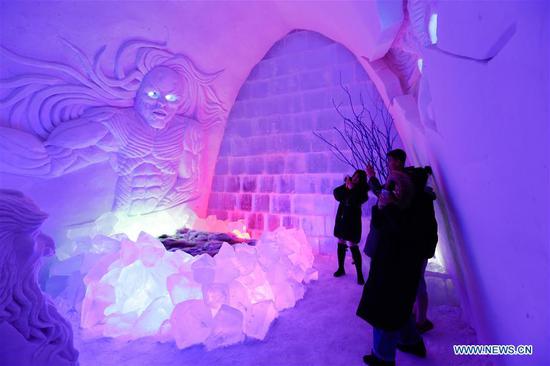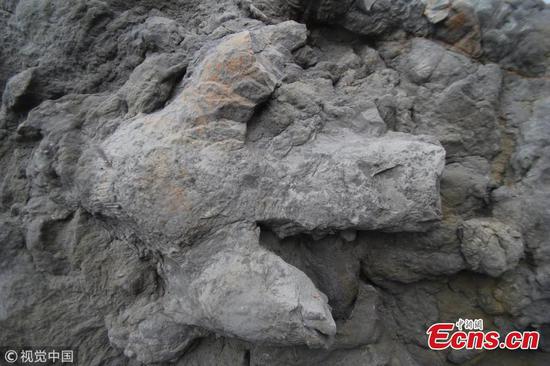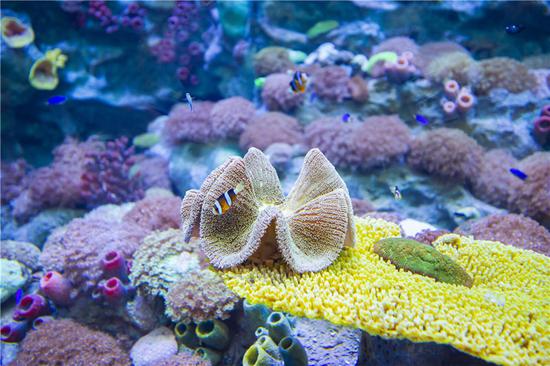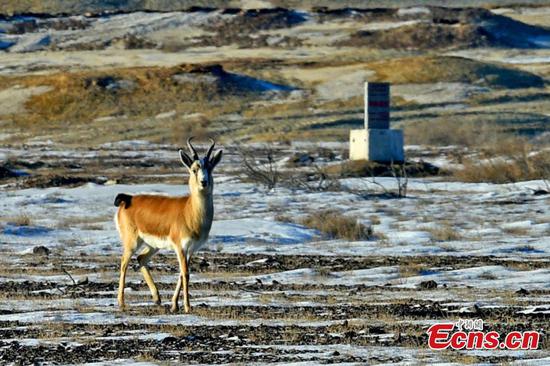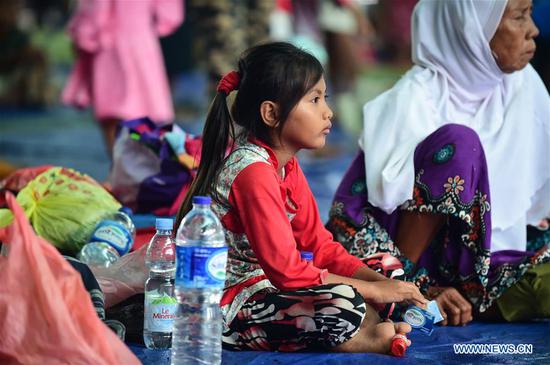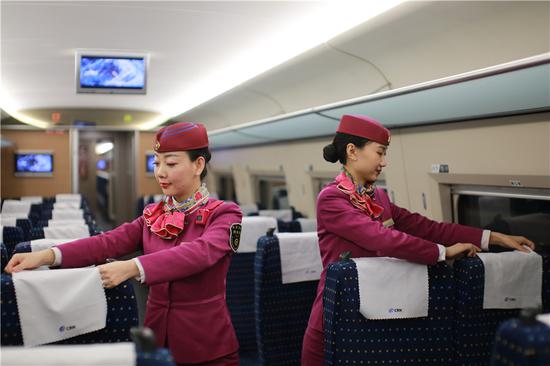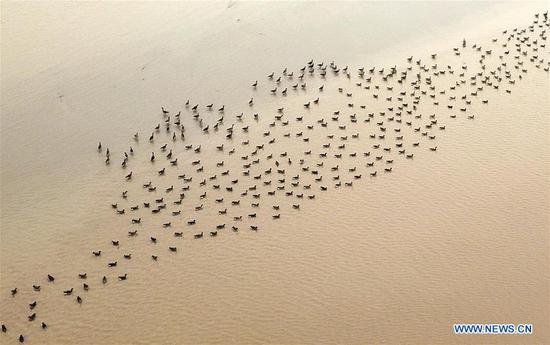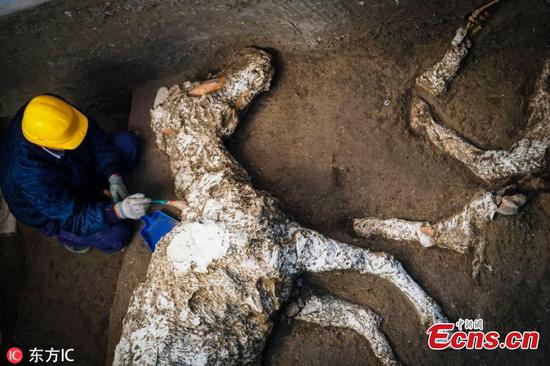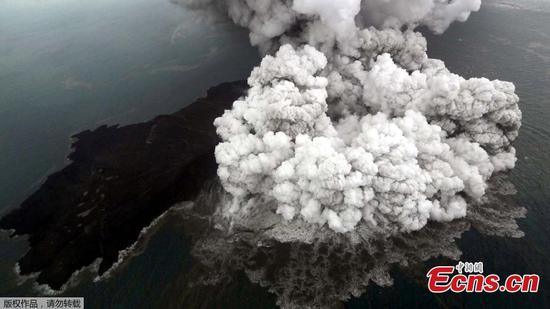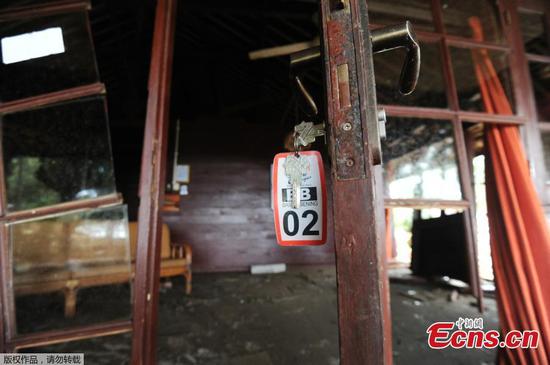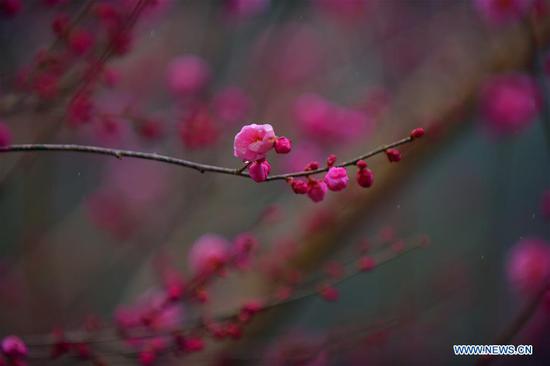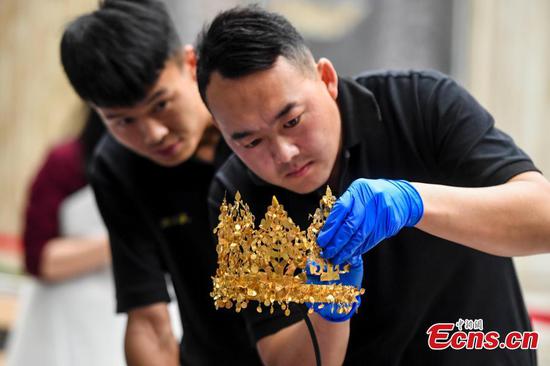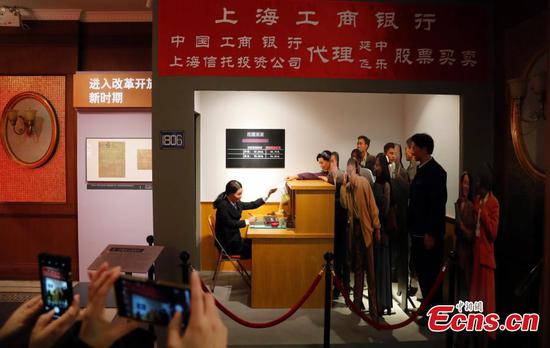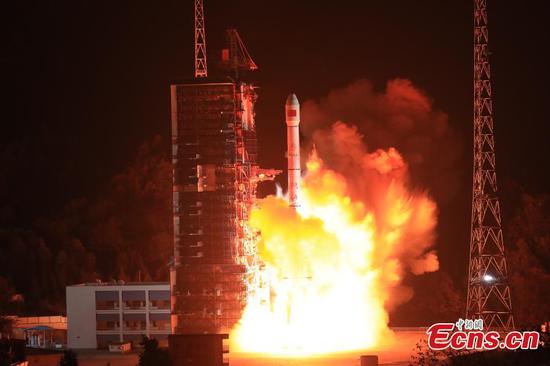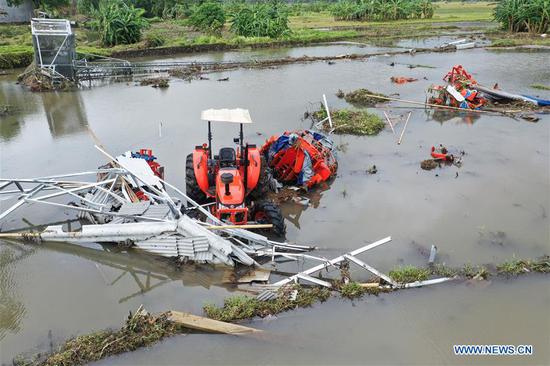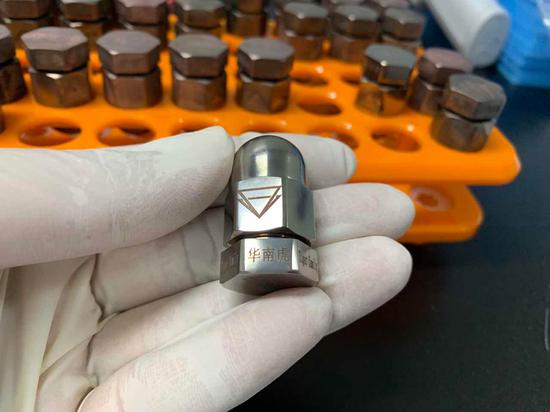Local authorities launched an investigation after an online article accused a Tianjin-based multibillion-yuan health care empire of delaying treatment which led to the death of a 4-year-old girl three years ago.
The article published by Dingxiangyisheng, which means Doctor Lilac, a WeChat account run by the Hangzhou-based Hangzhou Liankemeixun Biomedical Co, was immediately picked up by tens of thousands of Chinese net users on Tuesday.
The article focuses on a girl, named Zhou Yang, from North China's Inner Mongolia Autonomous Region, who suffered from a malignant germ-cell tumor in the sacrococcygeal region and received multiple treatments in a Beijing hospital starting in 2012 when she was only 4.
The girl's health condition had stabilized but took a turn for the worse after treatments from Quanjian, the traditional health care empire.
At the invitation of Quanjian following a China Central Television report, the girl's father, Zhou Erli, went to the company's headquarters in Tianjin, where he became convinced that the company's anti-cancer products - a tube of plant essential oil, a powdered beverage mix and traditional Chinese medicine directly prescribed by the company's chairman Shu Yuhui - could relieve the girl's pain and even cure her cancer.
Then Zhou halted chemotherapy for more than two months, which led to her deterioration, according to the article.
As the girl's situation worsened, the father received phone calls from people asking if Zhou Yang's cancer had been cured by Quanjian's products after a promotional video titled "Zhou Yang has been cured by Quanjian secret formula," went viral online.
The father launched a lawsuit against the company for unauthorized use of the patient's name and image, and false advertising. The people's court in Songshan district, Inner Mongolia issued a ruling in April 2015 that said there wasn't enough evidence to verify the video was created by the company.
Zhou Yang died on December 12, 2015 in great pain, just as Quanjian's market value took off. It was worth 17.6 billion yuan ($2.5 billion) in 2017, and has expanded its business empire with investments in health care, sports and real estate, the article said.
Dingxiangyisheng said that Quanjian claims the girl's death was caused by "media activities, excessive tiredness and inappropriate diet."
Quanjian issued a solemn statement on Wednesday, urging Dingxiangyisheng immediately withdraw its article.
Dingxiangyisheng received a notice from Quanjian lawyers on Wednesday, and it's ready to undergo legal procedure. Dingxiangyisheng said on Sina Weibo that it wont withdraw the article and welcome any lawsuit.
Tianjin Wuqing district bureau of market regulation took notice of the incident and is working on an investigation to confirm the details in the article, China News Service said.
The State Administration of Market Regulation said on Wednesday that health food business operators should not claim or imply such products have the function of curing disease or any medical use.
Zhang Xinnian, a Beijing-based lawyer told the Global Times that although the court case was not about whether Quanjian's products were effective, it will never "convince the public that its drug products did not delay Zhou's treatment or cause her death."









